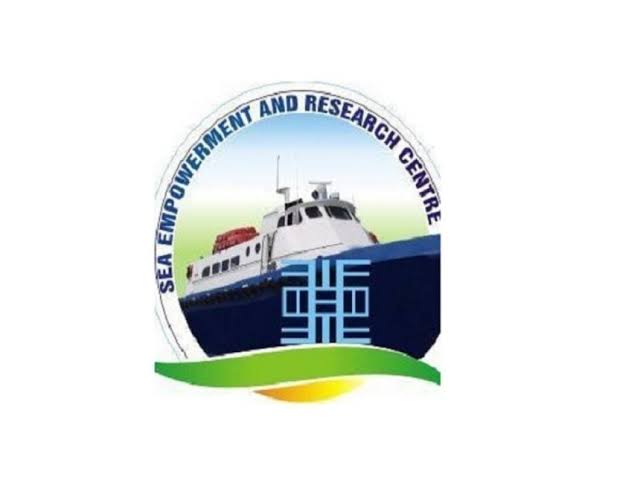The Sea Empowerment and Research Centre (SEREC), a maritime research organization, has expressed serious concerns over the proposed increase in customs agent license fees by the Nigeria Customs Service (NCS). SEREC argues that the proposed increase will disproportionately burden small and medium-sized enterprises (SMEs) operating within the customs brokerage industry, potentially stifling their growth and negatively impacting the broader Nigerian economy. The group contends that the increased costs associated with higher licensing fees will be passed down to traders, ultimately increasing the cost of goods and hindering trade facilitation. Instead of a blanket fee hike, SEREC advocates for a more nuanced approach to licensing reform that considers the diverse needs of businesses within the industry.
SEREC’s central argument revolves around the potential detrimental impact of the proposed fee increase on SMEs. These businesses, often operating with limited resources, are less equipped to absorb the additional financial burden compared to their larger counterparts. The increased costs could force some SMEs out of business, reducing competition within the customs brokerage industry and potentially creating a monopolistic environment. Furthermore, SEREC warns that the increased costs will likely be passed on to consumers through higher prices for imported goods, contributing to inflationary pressures and potentially dampening consumer spending. This ripple effect, impacting both businesses and consumers, could have significant negative consequences for the overall Nigerian economy.
The research group emphasizes the importance of striking a balance between effective regulatory oversight and fostering a competitive and efficient customs clearance process. They argue that the proposed fee increase prioritizes revenue generation over the long-term health of the customs brokerage industry. A more effective approach, according to SEREC, would be a tiered licensing system based on factors such as the type of service offered, the level of the license, the experience of the agent, and their area of specialization. Such a system would allow for a more equitable distribution of costs while encouraging professionalism and specialization within the industry. This tiered structure would ensure that larger firms, capable of handling greater volumes of trade and generating higher revenues, contribute a proportionally larger share to the NCS while protecting smaller businesses from being overwhelmed by exorbitant fees.
SEREC proposes a comprehensive reform of the licensing process that goes beyond simply adjusting the fee structure. They advocate for a system that emphasizes competence and ongoing professional development. The group suggests that licensing requirements should focus on demonstrable skills and knowledge in crucial areas such as customs procedures, tariff classification, valuation, and origin determination. This focus on competency would ensure that licensed agents possess the necessary expertise to navigate the complexities of customs regulations, thereby facilitating smooth and efficient trade. Furthermore, SEREC recommends mandatory ongoing training and professional development for license holders to ensure they remain up-to-date with evolving regulations and best practices, further enhancing the professionalism and efficiency of the industry.
The proposed mandatory ongoing training and professional development would serve several important purposes. Firstly, it would enhance the overall skill set and knowledge base of customs agents, enabling them to better navigate the increasingly complex landscape of international trade regulations. Secondly, it would promote the adoption of best practices within the industry, leading to improved efficiency and reduced errors in the customs clearance process. Thirdly, continuous professional development would foster a culture of lifelong learning within the customs brokerage industry, encouraging agents to stay abreast of the latest developments and maintain a high level of professionalism.
SEREC’s ultimate recommendation to the NCS is to adopt a more balanced and nuanced approach to licensing reform. This approach should take into account the diverse needs of all stakeholders, including SMEs, larger firms, and the broader trading community. The group urges the NCS to prioritize the long-term health and sustainability of the customs brokerage industry over short-term revenue gains. By implementing a tiered licensing system based on experience and specialization, focusing on competency-based licensing requirements, and mandating ongoing training and professional development, the NCS can create a more robust and efficient customs clearance process that benefits the entire Nigerian economy. This comprehensive approach to reform would not only enhance the professionalism of the industry but also ensure its long-term viability and contribution to national economic growth.














